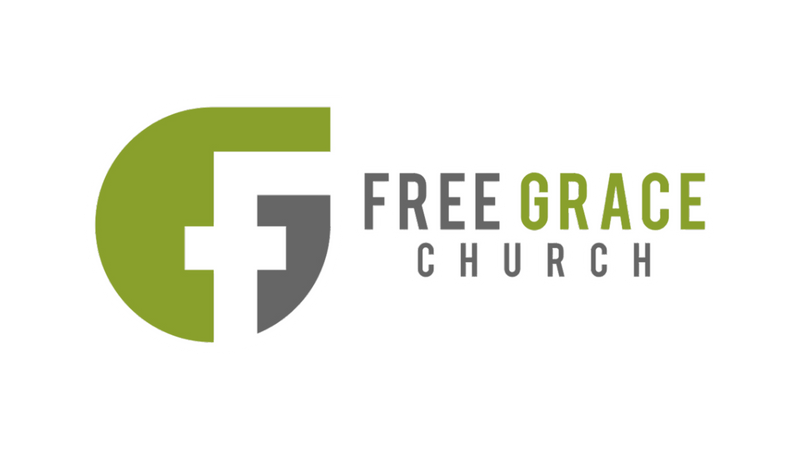Fear and Faith
/This morning I read the story of Jesus calming a storm in Mark 4:35-41. It struck me that Jesus contrasts fear and faith very clearly.
He said to them, “Why are you so afraid? Have you still no faith?” And they were filled with great fear and said to one another, “Who then is this, that even the wind and the sea obey him?” (v. 40-41)
It is worth noting that in the grip of the storm the disciples went to Jesus without faith. “Teacher, do you not care that we are perishing?” In their distress they wrongly concluded that they were all dying and Jesus was indifferent. Based on the way they respond, I don’t think they were expecting a miracle. It seems more likely they were upset that he wasn’t bailing water or rowing with them. The wind and spray had not only blinded their eyes, it had blinded their hearts. They didn’t understand Jesus’ true power.
They did the right thing (going to Jesus for help) in the wrong way (with an accusation instead of an appeal). Thankfully Jesus is always gracious. He responds by calming the storm and offering a gentle rebuke. He corrects their unbelief and fear. The implication is that if they really knew the power of Jesus, they wouldn’t be panicking. Yes, they would come to Jesus. But they would have come differently. In this moment his words are gentle yet surreal. It seems pretty obvious why they were afraid! Yet his correction comes with the mercy of a miracle, a hand stretched out to save them. And that is almost always how he corrects his weak children.
Finally, and perhaps this is the most wonderful thing about the story, Jesus reveals the great mystery of who he is. In calming the storm he breaks all their categories. When we are faced with something shocking, the words that we speak as a matter of impulse are revealing. We haven’t had time to soften or shape them to win respect. They are the response of pure instinct. The disciples, safe and sound, yet still dripping from the waves say, “who then is this, that even the wind and the sea obey him?” Jesus reveals two things. He not only has the power to calm storms, he has the compassionate heart to do it. He is both able and willing.
The response of the disciples is the common experience of people that have seen God’s powerful hand engaged by his gracious heart. “They were filled with great fear.” (V. 40) This is a different kind of fear than gripped them just moments ago when they were convinced that they were dying in the presence of an uncaring master. This is the fear that comes when you have been rescued from trouble by the omnipotence of an omnigracious savior. When you see his power is greater than anything you have ever experienced. It is beyond comprehension. It is unsettling. This sweet fear is the response of the soul that understands why faith and carnal fear cannot be friends. This is the fear that has shifted its sense of awe from the power of unruly waves to the power of the one that rules heaven and earth.














